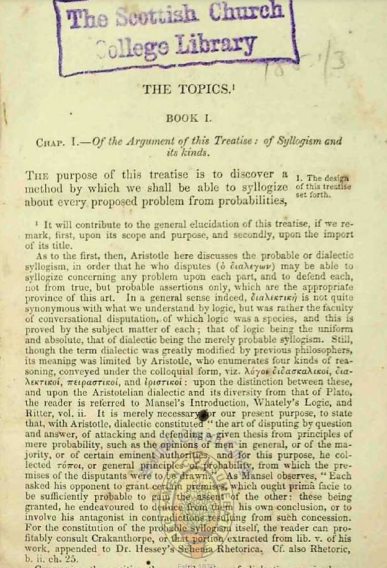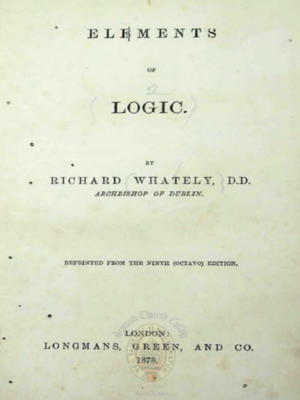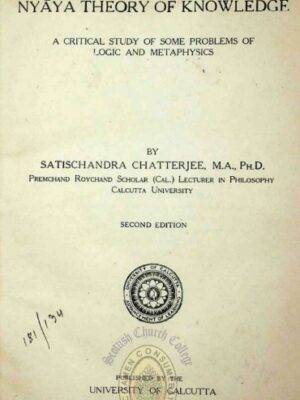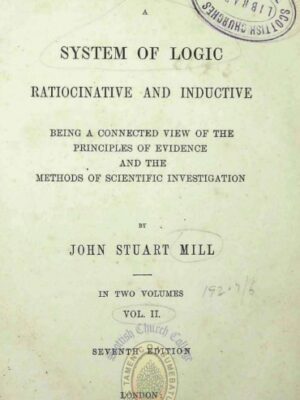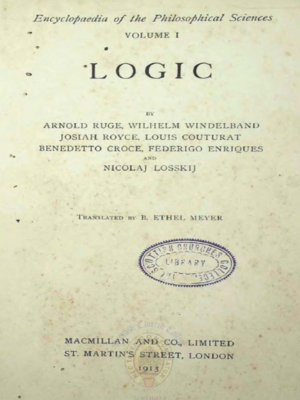Description
Aristotle’s Organon or Logical Treatises (Volume II) is the second part of Aristotle’s seminal works on logic, translated by Octavius Freire Owen. The Organon is a collection of Aristotle’s writings that laid the foundations for formal logic and reasoning, and this volume continues the exploration of Aristotle’s methods for structuring thought and argumentation.
Volume II focuses on several key treatises, including Topics and Sophistical Refutations, where Aristotle discusses the principles of dialectical reasoning, fallacies, and the ways in which arguments can be constructed and deconstructed. These texts explore the art of debate and the distinctions between valid and invalid arguments, offering techniques for identifying logical inconsistencies and fallacies.
Aristotle’s logical works, as presented in the Organon, are central to the study of philosophy, particularly in the areas of epistemology, metaphysics, and the philosophy of language. His influence on the development of formal logic continues to be profound, with the Organon forming the basis of the logical tradition that persisted through medieval scholasticism and into modern philosophy.
This volume is indispensable for philosophy students and scholars, offering insight into the foundations of logic, argumentation, and critical thinking as established by one of the greatest philosophers of antiquity.

